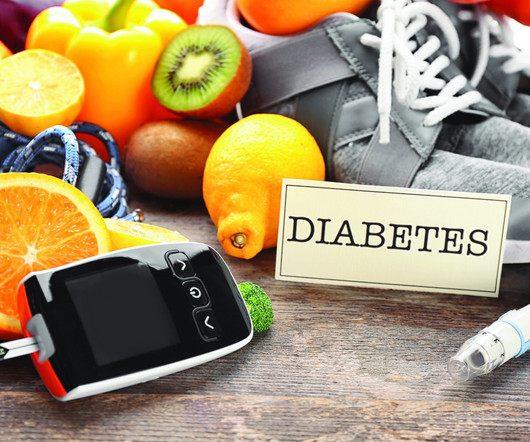Promoting health literacy
American Nurse
AUGUST 1, 2024
Evidence-based patient education guidelines Takeaways Health literacy relates to an individual’s ability to find, understand, and use healthcare information and services. Only one in ten people have proficient health literacy. However, White found that only one in ten people have proficient health literacy.












Let's personalize your content